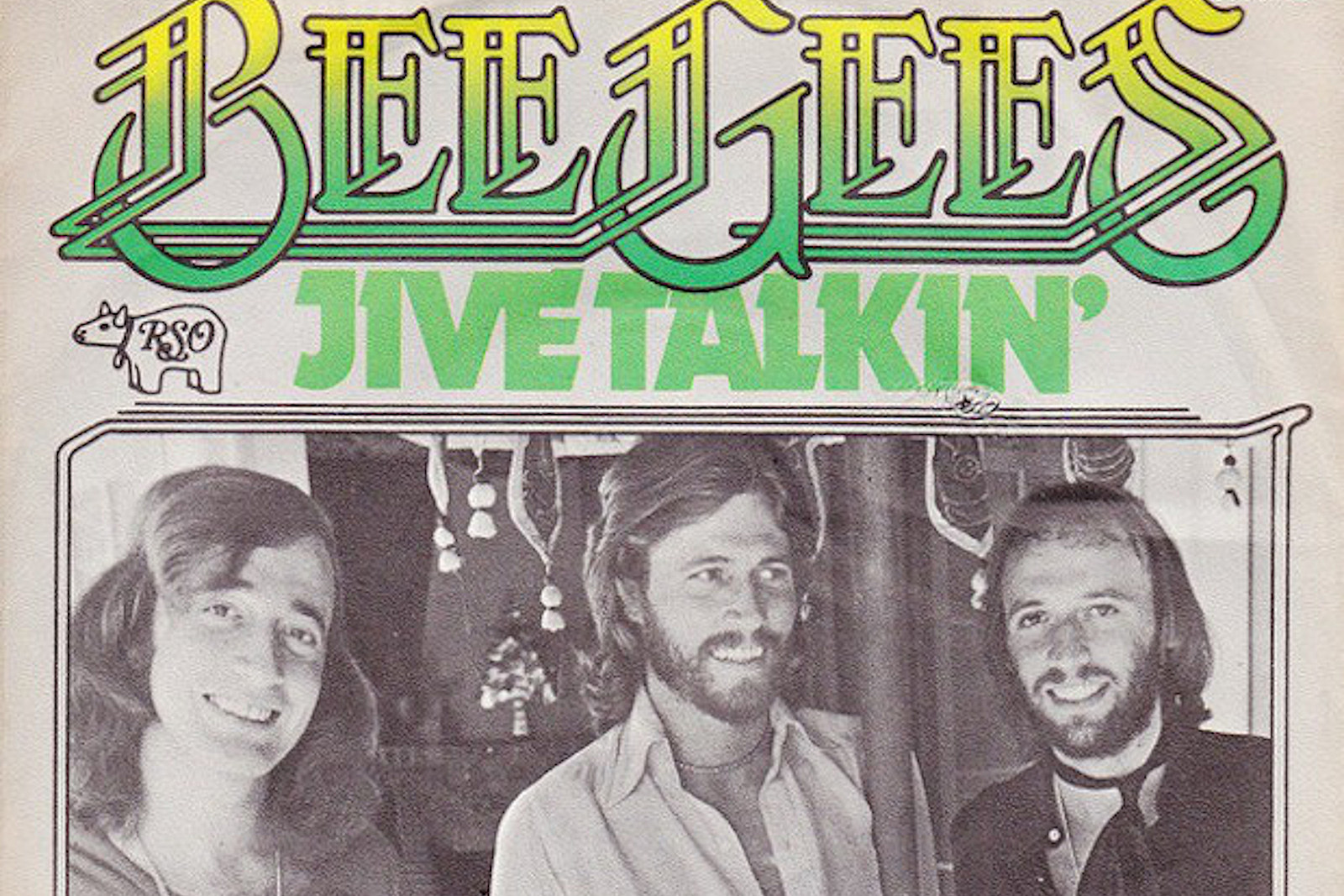
About the Song
When discussing the Bee Gees, we’re immediately transported to an era of groundbreaking musical innovation. The brothers Gibb—Barry, Robin, and Maurice—were more than just pop sensations; they were masterful songwriters and producers who left an indelible mark on the landscape of popular music. Jive Talkin’, released in 1975, stands as a pivotal moment in their career, marking a shift towards the funk and disco-infused sound that would define their later success.
Before we dive into the song itself, it’s essential to understand the context of its creation. The mid-1970s were a time of musical evolution, with artists experimenting with new sounds and rhythms. The Bee Gees, always eager to explore new sonic territories, embraced this spirit of innovation. The rhythmic foundation of Jive Talkin’ is said to have been inspired by the sound of their car driving over the Julia Tuttle Causeway in Miami, a testament to their keen ear for musical inspiration in everyday life.
Jive Talkin’ is characterized by its distinctive, pulsating bassline, a driving rhythm that immediately grabs the listener’s attention. The song’s arrangement is a masterclass in musical layering, with each instrument contributing to the overall groove. The Gibb brothers’ signature harmonies, always a hallmark of their sound, are present but take on a new, more rhythmic quality, perfectly complementing the song’s danceable beat.
Beyond its musical innovation, Jive Talkin’ also captures the spirit of its time. The song’s lyrics, while seemingly simple, reflect the urban energy and vibrant nightlife of the 1970s. It’s a song that evokes images of crowded dance floors and carefree nights, a soundtrack to a generation embracing a new sense of freedom and expression.
The impact of Jive Talkin’ extended far beyond its initial release. It played a crucial role in the Bee Gees‘ transition into the disco era, paving the way for their iconic contributions to the “Saturday Night Fever” soundtrack. It is a song that continues to resonate with audiences today, a testament to its timeless appeal and the enduring legacy of the Bee Gees.